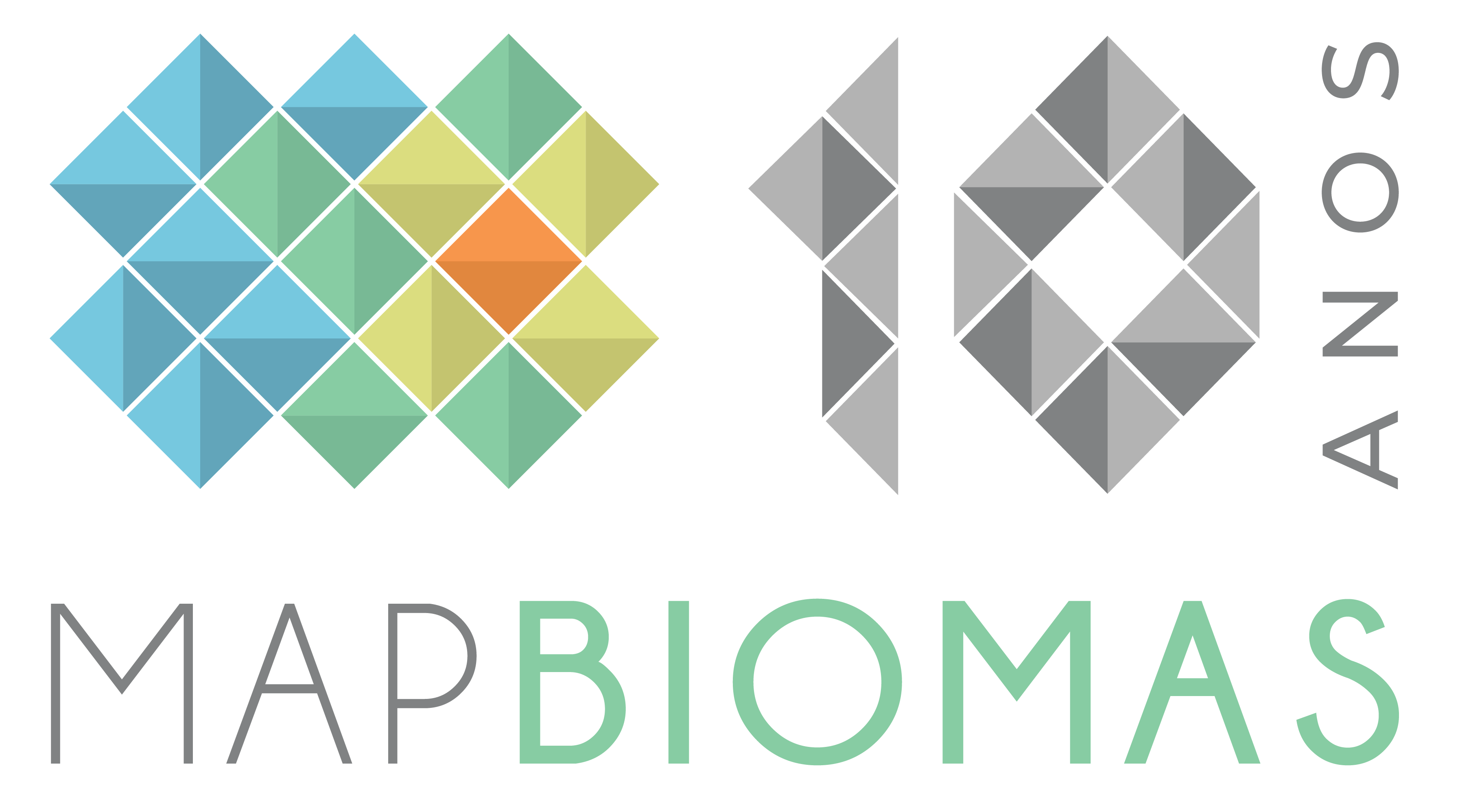Saturday, March 2nd, 2019, 12:24pm
07/11/2018
What is the impact of infrastructure projects? How do energy production projects affect forest cover in Brazil? What is the relationship between deforestation and the construction of roads or railroads? A joint initiative by the MapBiomas network of institutions, the Energy and Environment Institute and the Escolhas Institute, with the support of the Climate and Society Institute, will award prizes to the best works to answer questions like these.
The aim of the MapBiomas Award is to select the best studies on the relationship between energy or transport infrastructure projects and changes in land use. The MapBiomas Prize is open to individual or co-authored works by students at technical, undergraduate and postgraduate levels, professionals, etc. Studies, articles, monographs, dissertations or theses will be accepted.
The award has two categories. The Young Category is for work whose main author is up to 30 years old and has not yet graduated or graduated during 2018. In the General Category, entries can be submitted regardless of the main author's age or level of education.
Four works will be awarded prizes ranging from R$3,000 to R$10,000. Entries are open until January 31, 2019. Entries can focus on a project or a specific work," says Tasso Azevedo, general coordinator of MapBiomas. "It could be an analysis of a particular modal. Or a territorial section. Even scenario research. It is possible to compete with unpublished work or work that has been published since 2017.
Entries must use historical series of land use and land cover in Brazil, with data or citations from the MapBiomas project. MapBiomas (Brazil's Annual Land Cover and Land Use Mapping Project) is a joint initiative of dozens of universities, NGOs and technology companies. Together, they generate the country's largest database on land use and changes in biomes. On the MapBiomas platform it is possible to analyze land cover and land use data by various territorial areas such as states, biomes, municipalities, river basins and protected areas.
Recently, information on transport and energy infrastructure has been added to observe changes in land use in the surroundings (5, 10 and 20 km) of roads, railroads, ports, airports, power plants, transmission lines, etc.
"The initiative helps to encourage students and young professionals to dedicate themselves to an issue that is still not adequately understood - the impacts, over time, on land use and vegetation cover, resulting from major energy and transportation infrastructure works," says André Ferreira, IEMA's CEO.
The MapBiomas Award aims to find and give visibility to studies and researchers of all ages and educational levels who are producing knowledge about the transformations in Brazilian territory," says Jaqueline Ferreira, coordinator of Instituto Escolhas.
For Tasso Azevedo, the award enriches knowledge for sustainable development in the country. The award aims to stimulate reflection and analysis on the relationship between energy and transport infrastructure and the dynamics of land cover and land use change in Brazil, he says. "We hope that these studies and knowledge can contribute to the applicability of public policies and planning of the Brazilian territory."
More information about the MapBiomas Award is available on the MapBiomas website
( www.mapbiomas.org/premio ).
Questions and clarifications via e-mail - premio@mapbiomas.org

